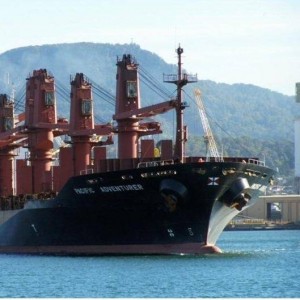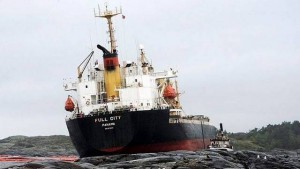Limitation of liability
Originally devised to encourage maritime trade, limitation of liability became a central feature of pollution compensation regimes as these imposed ‘strict’ liability, regardless of fault, and allowed claims to be brought directly against insurers: unlimited cover and open-ended guarantees are not commercially available.
The main compensation regimes for oil pollution from tankers contain their own limitation systems. In most cases of this kind, limitation of the tanker owner’s liability has not been detrimental to claimants but has served as a line of demarcation between two tiers of compensation, one funded by the shipping industry and the other by oil companies.
Other, more recent international laws – including those governing liability for bunker oil pollution, wreck removal and passenger claims – make limitation dependent on linkage to independent regimes for limitation of liability for maritime claims, such as the 1976 London Limitation Convention (LLMC), as amended.
In these cases, where no second tier is available, limitation laws may mean that the shipowner is not legally liable to pay all claims in full. The LLMC limits have been raised from time to time – most recently with effect from June 2015 – and have been exceeded in only a tiny percentage of cases: see Facts and figures for the current limits.

The Pacific Adventurer incident, Australia, 2009, where the owners came under political and financial pressure to pay more than their legal liability limit
This ‘linkage’ between conventions has led to complications, as the limitable claims listed by LLMC are not specific to typical claims for pollution, and as contracting states have the option of excluding some of these claims from limitation in national laws. This applies particularly to claims for wreck removal and similar operations.
National laws do not uniformly reflect the intent of states that liability for bunker pollution claims should be limited by LLMC in states where it applies. Complications can arise as a result of other types of maritime claim, as well as pollution, needing to be satisfied from the same limitation fund. Economic duress on a shipowner to pay more than the liability limit, as has sometimes been exerted by governmental authorities, likewise causes complications for insurers as well as their assureds.

The Full City incident, Norway, 2009, where national legislation denies the right to limit liability for bunker pollution clean-up costs to the amounts prescribed by international law
See Publications for an article which goes into some of these complications and suggests that they involve failure to respect treaty obligations in the states where they have been encountered.
Fuller discussion of the subject is contained in Chapter 22 of Shipping and the Environment, ‘Limitation of Liability for Pollution and HNS Damage’.
